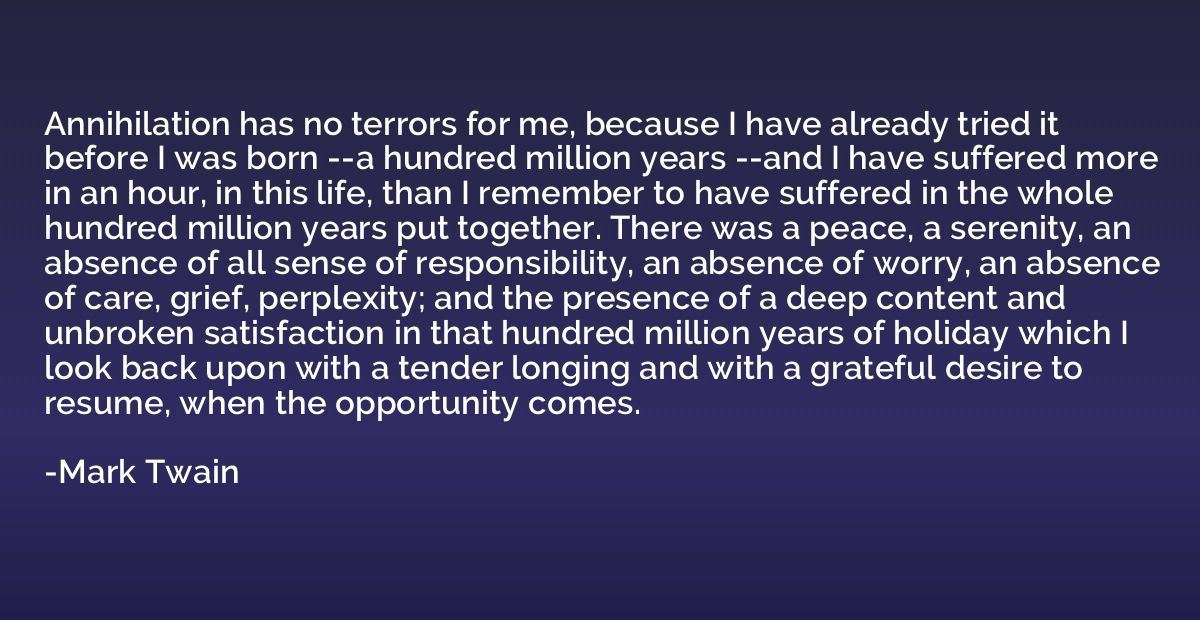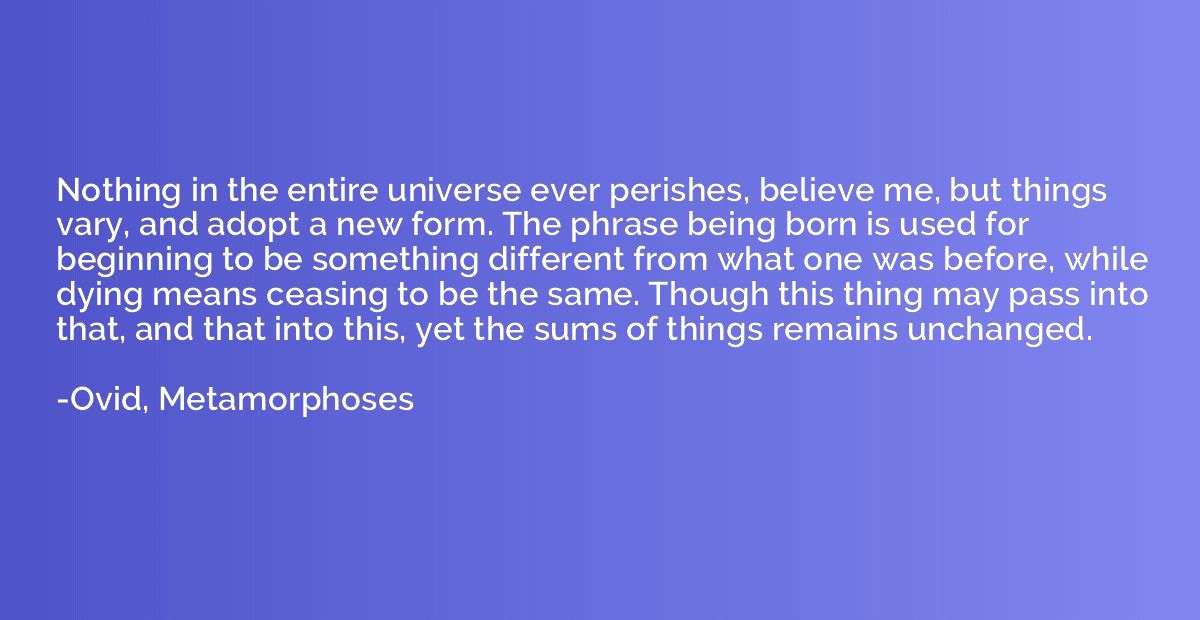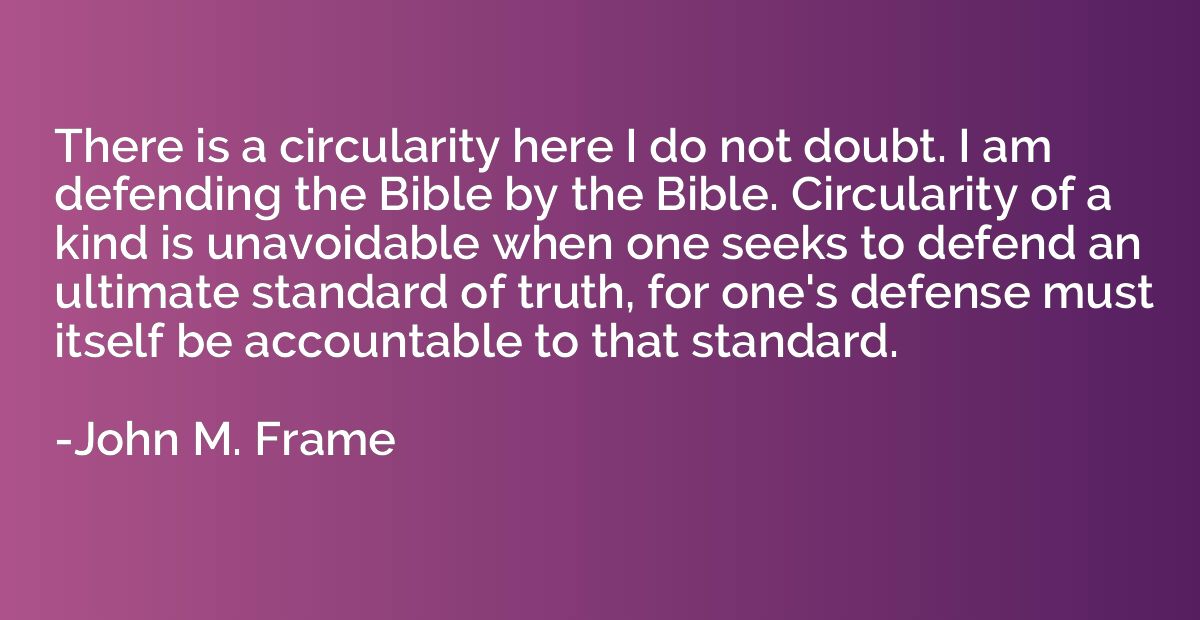Quote by Mark Twain
Annihilation has no terrors for me, because I have already tried it before I was born --a hundred million years --and I have suffered more in an hour, in this life, than I remember to have suffered in the whole hundred million years put together. There was a peace, a serenity, an absence of all sense of responsibility, an absence of worry, an absence of care, grief, perplexity; and the presence of a deep content and unbroken satisfaction in that hundred million years of holiday which I look back upon with a tender longing and with a grateful desire to resume, when the opportunity comes.

Summary
In this quote, the speaker reflects on the concept of annihilation, stating that they do not fear it because they have experienced it before their birth. They argue that their past existence was filled with peace, serenity, and an absence of suffering or worries. The speaker contrasts this contentment with the sufferings they have endured in their current life, describing the hundred million years before their birth as a cherished holiday and expressing a deep desire to return to that state of bliss when given the chance.
Topics
Death
By Mark Twain














